ANU Asia Pacific Week will bring leading experts on the Asia Pacific region together with 100 delegates from around the world to engage in a series of dynamic discussions and events focused on developments and trends that will shape the ‘Asia Pacific Century’.
A selected number of Asia Pacific Week events will be offered for general public attendance. Those wishing to attend one or more of these open events should head to over to the “Public Events” tab for further details
Vision
Asia Pacific Week is an annual conference held by the Australian National University focusing on trends and developments in the Asia Pacific region. The conference is a joint initiative by students and the ANU College of Asia & the Pacific. Incorporating a number of innovative and trans-disciplinary sessions, ANU Asia Pacific Week 2012 aims to facilitate communication and forge connections between top academics and students.
Leading scholars will consider a variety of important issues facing the Asia Pacific now and in the future. Sessions include a panel of ambassadors from around the region, a discussion on the future of foreign aid between notable Professors Hugh White and Stephen Howes and the CASS Great Debate on Europe versus Asia with team leaders Dr Ben Wellings (Europe) and Dr Nich Farrelly (Asia). For information on the latest confirmed content as it comes about, be sure to follow the ANU APW Twitter feed @ANUAPW or find us on Facebook.
ANU Asia Pacific Week would not be possible without the generous support of the ANU College of Asia & the Pacific.

Read more
Owen Hutchison is in his third year of a combined Economics/Asia Pacific Studies degree, majoring in Chinese and Security Studies, at the Australian National University. He is the Deputy Director of Asia Pacific Week (APW) as well as Media, Marketing and Communications.
Previuosly Owen assisted with the 2011 Australia China Youth Dialogue run by the Australia China Youth Association (ACYA). He also holds the position of Treasurer in the ACYA ANU chapter and is looking forward to spending next year studying in China.
Owen works in macroeconomic research for the Australian Bureau of Statistics and plays for the ANU Aussie Rules team.
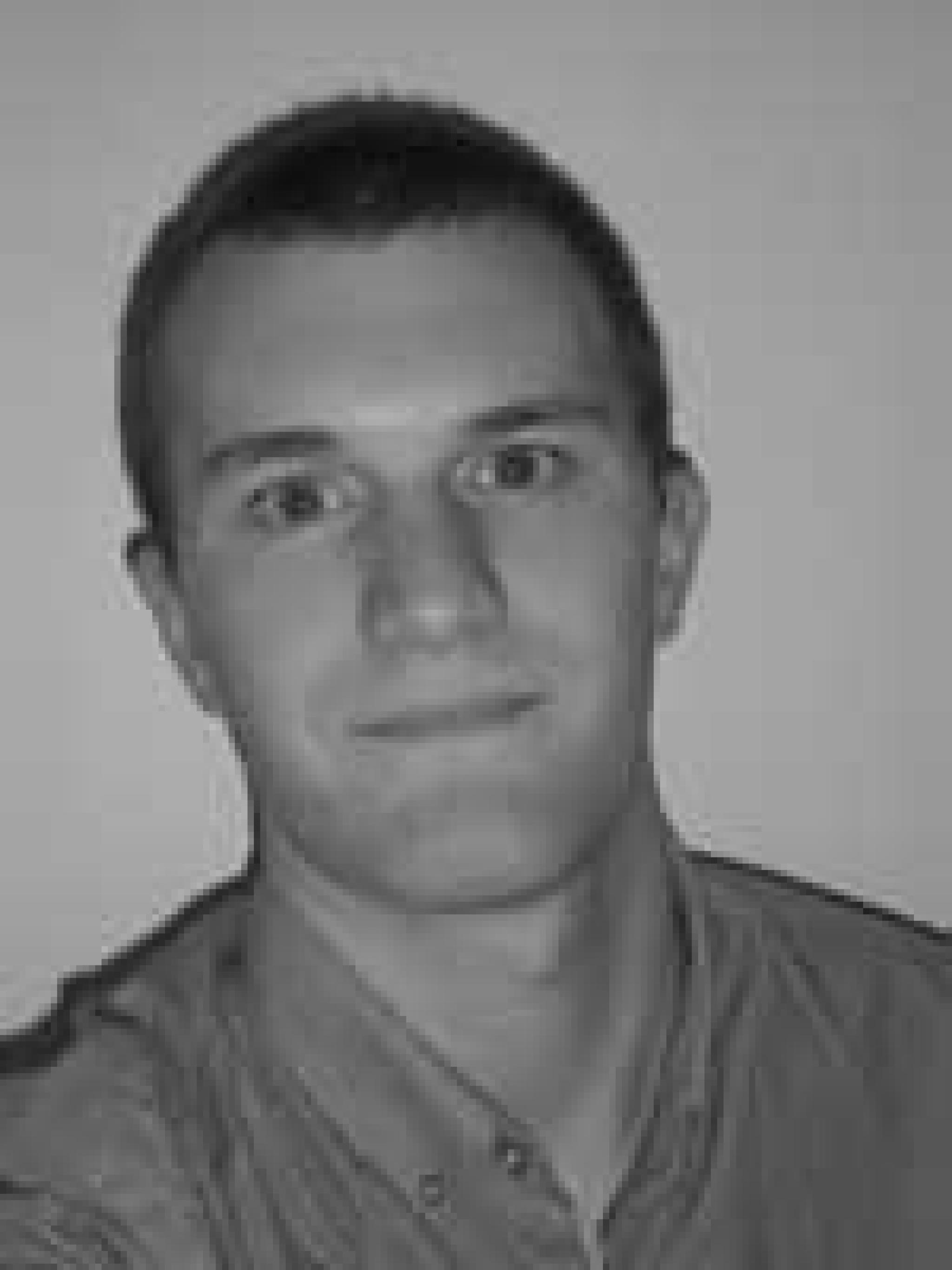
Bryce Kositz
Read more
Bryce Kositz is the Content Director for APW, he is in the second year of his master’s program at the ANU, and is currently writing a thesis on propaganda in China during the 1950s. He plans to pursue a PhD after the completion of this thesis in June.
Bryce also studied at the University of Alaska Fairbanks and the China University of Petroleum Beijing, majoring in history and Chinese language respectively. At UAF he received accolades for history student of the year.
As an Alaskan, he likes ice hockey, fresh salmon, and wilderness camping
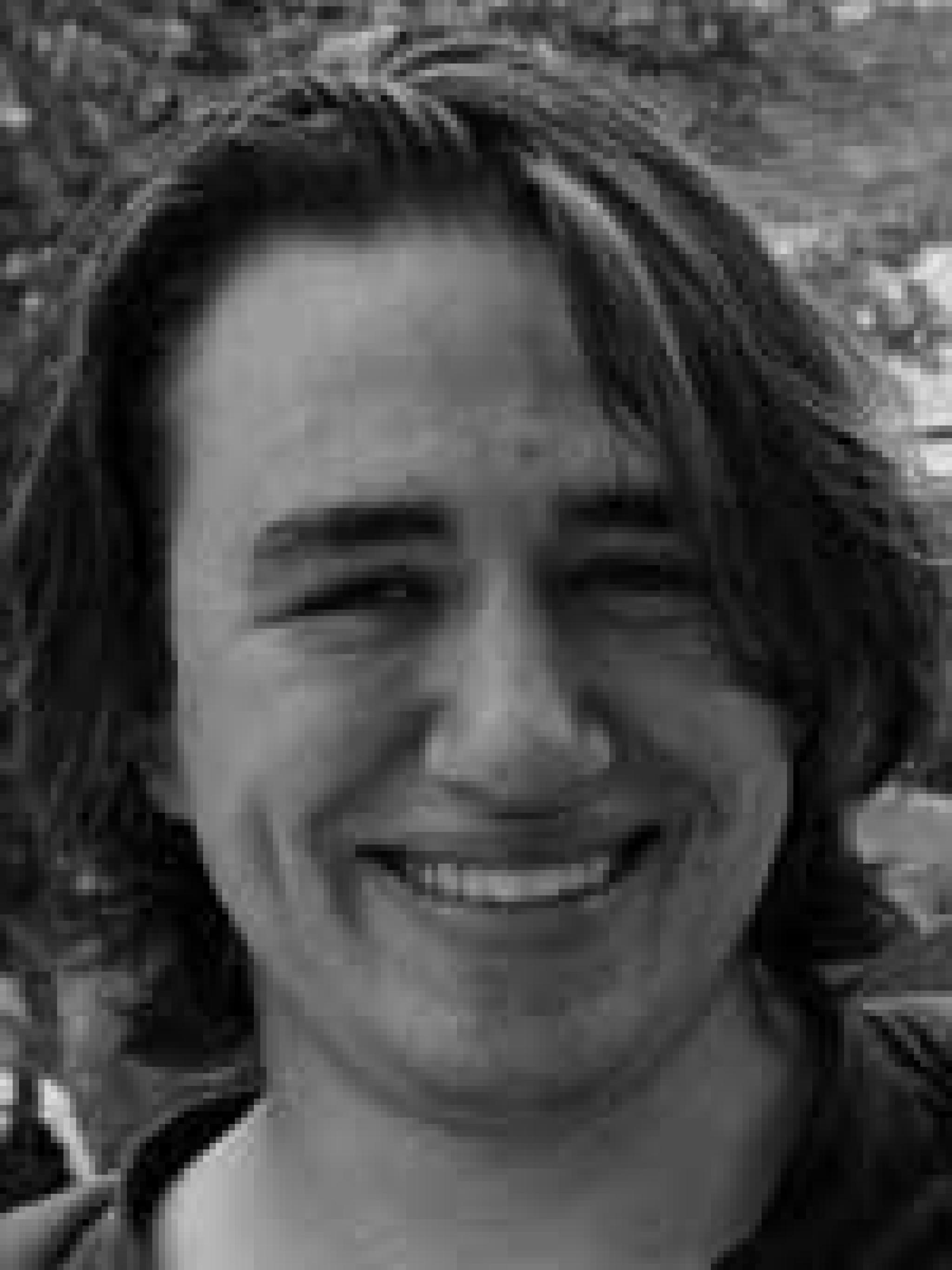
Harry Wall
Read more
Harry Wall is the Sponsorship Director for APW, is in the second year of his Bachelor of Asia-Pacific Studies/Arts Degree. His interest with the Asia-Pacific was ignited by a school trip to China in year nine and since then he has slept on wooden planks with chicken at his feet, eaten battered cockroach and skated down the gutters of the Summer Palace in Beijing.
Harry has represented Australia at the Inaugural High School Chinese Bridge Competition and received a scholarship from the Confucius Institute to study Chinese at the Beijing Language Culture University.
Currently, he is majoring in Asia-Pacific Politics and Mandarin Chinese. He is also the president of Mahjong United, a student society that likes to play Mahjong and talk about dumplings.

Jayson Buchanan
Read more
Jayson Buchanan is a student at the Strategic and Defence Studies Centre. His areas of interest include information warfare, modern military hardware of East Asia and the historical maritime development of China. He also endeavors to attain fluency in Mandarin.
Prior to his arrival at the ANU, Jayson was a political operative in the United States, having worked on campaigns at state and federal levels. In 2008, Jayson did an internship with the Brookings Institution having worked on the Opportunity 08 project.
Jayson has a passion for sailing, skydiving, and hiking.
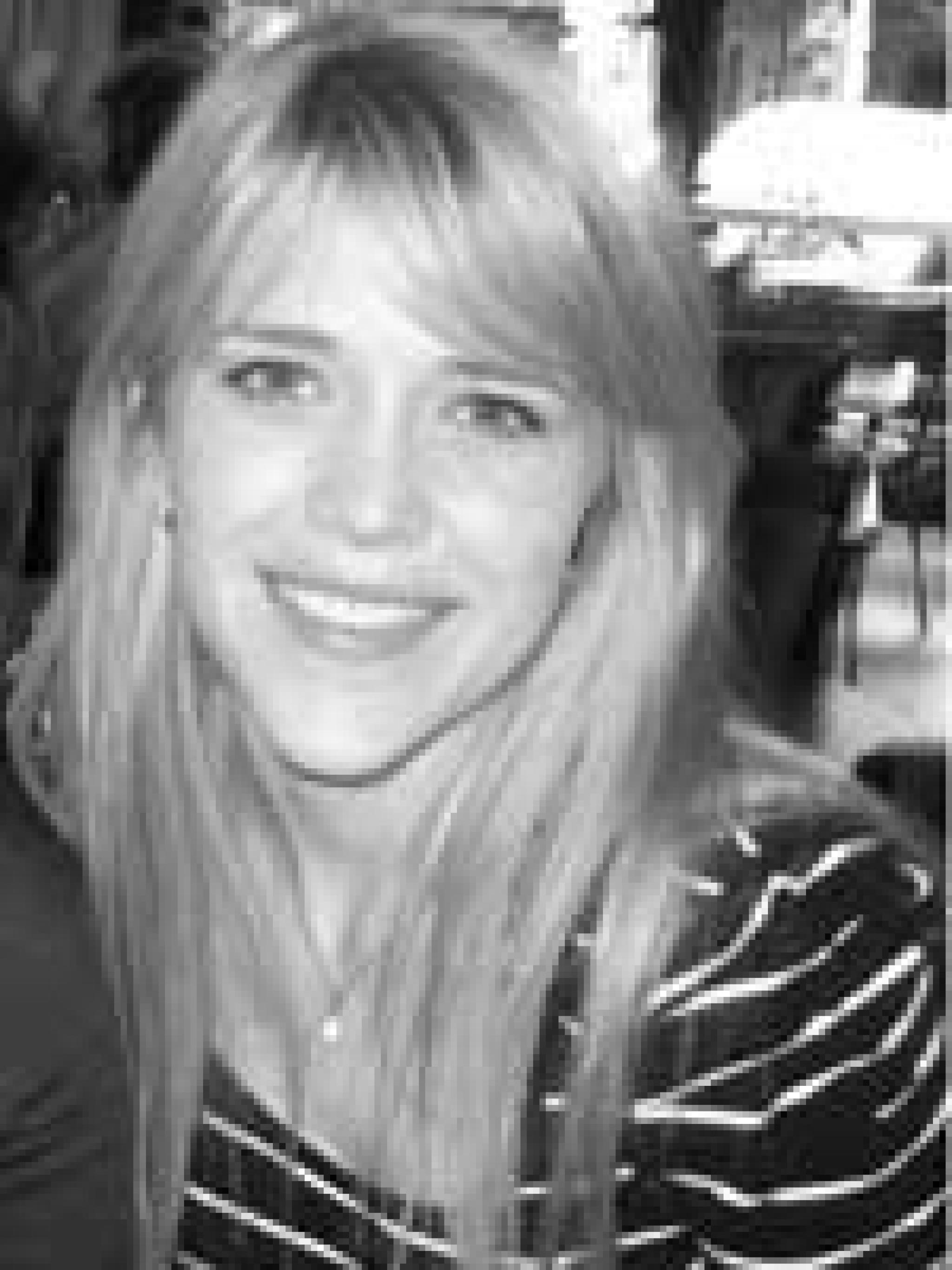
Ashleigh Ralph
Read more
Ashleigh Ralph is the Business Communications Director of Asia Pacific Week 2012. Ashleigh discovered her interest in all things China when studying a Bachelor of Economics. During this time she also discovered that she couldn’t speak ‘maths language’ and consequently switched to a combined Bachelor of Arts/Asia-Pacific Studies degree where she could instead focus her energy on easier languages like French, Chinese, Spanish and Russian.
Ashleigh’s love of languages has led her to teach English and French in Australia, Russia, Mongolia and China. She has pursued language studies at Beijing Language and Culture University and National Taiwan Normal University as well as undertaken a student exchange program in Belgium. After starring in a French theatre production this year, she looks forward to launching a Chinese-language theatre group at the ANU.
In her spare time Ashleigh enjoys watching documentaries and keeping up with all things K-pop.
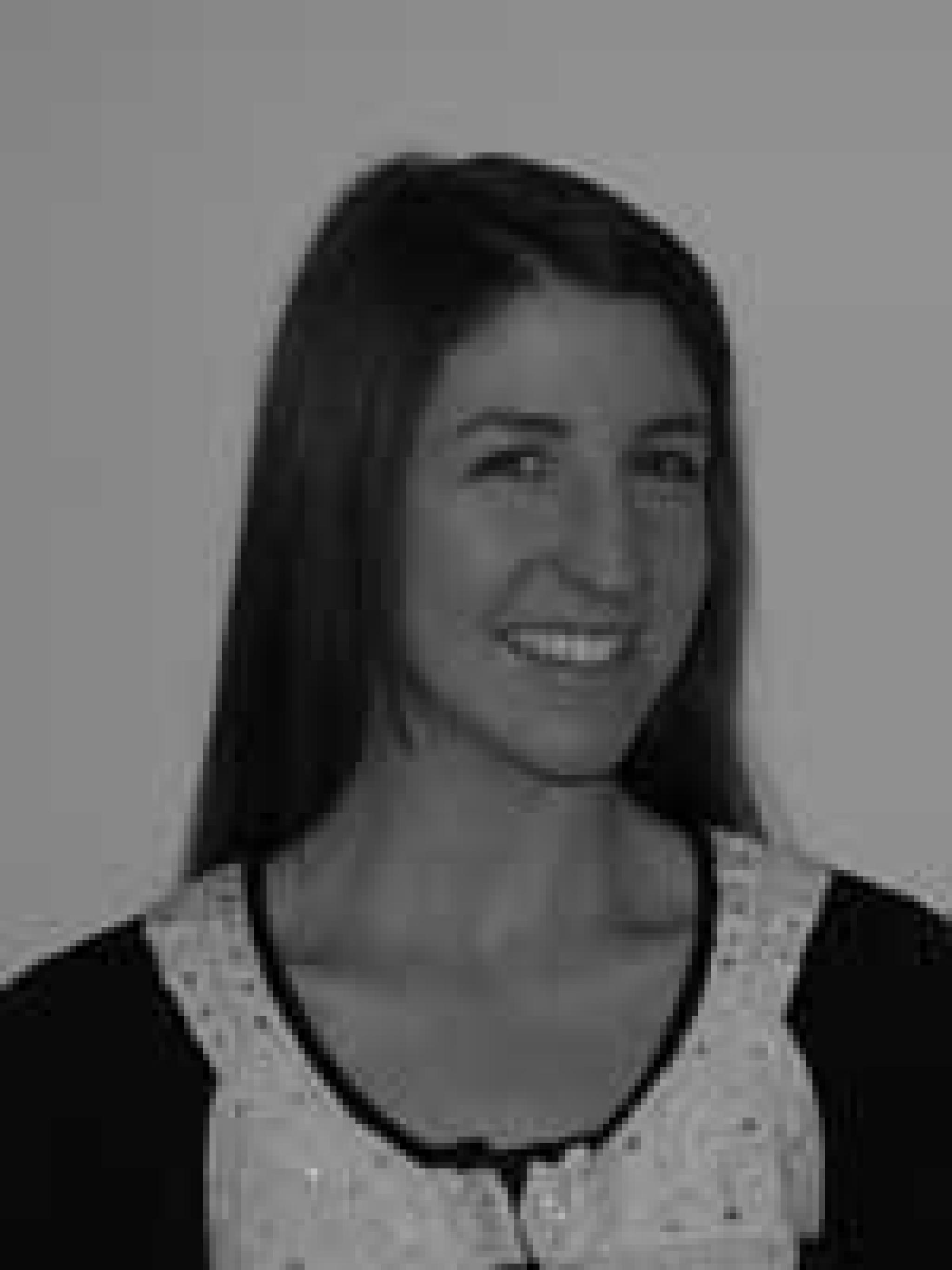
Sarah Llewellyn
Read more
Sarah Llewellyn is in her third year of a Bachelor of Asia-Pacific Studies, majoring in Chinese language and Chinese studies. She is the Media, Marketing and Communications Liaison Officer for Asia-Pacific Week 2012.
Sarah is an active member of the Australia-China Youth Association and is looking forward to starting post-graduate studies in China in 2013.
Sarah currently works at the Australian Department of Defence and volunteers with the Federation of Chinese Community of Canberra Saturday school.
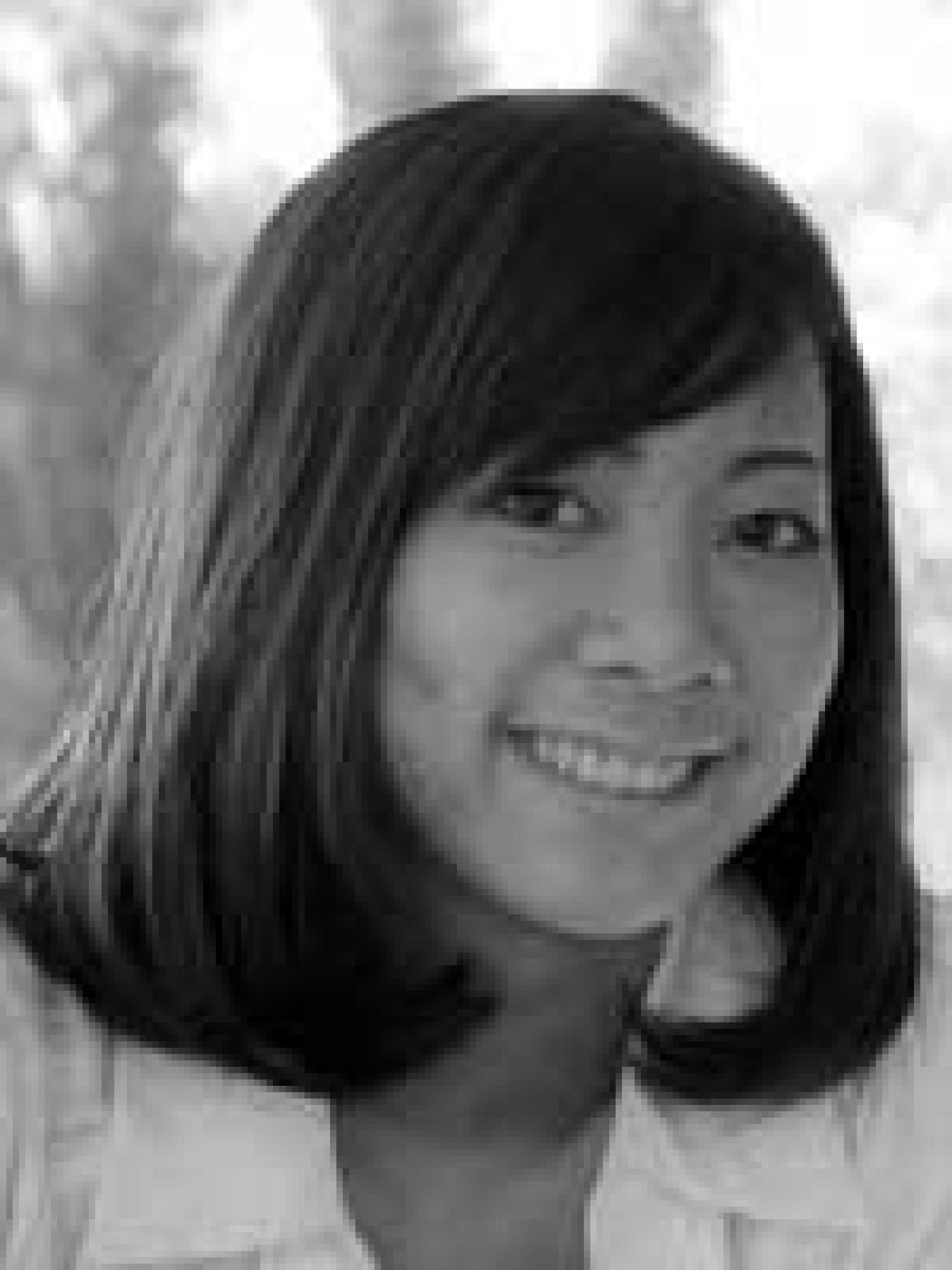
Dorea Ho
Read more
Dorea Ho is in her second year studying a Bachelor of Asia-Pacific Studies (Politics, Japanese)/Law at the Australian National University. She is Delegates Director for APW2012.
Before beginning her degree, Dorea spent 2010 studying at Ritsumeikan Uji High School (Kyoto, Japan) under the Rotary Youth Ambassador Scholarship and represented Japan in the Japanese Korean Peace Conference (Seoul, South Korea).
In 2011, Dorea organised campaigns against poverty for NGO organisation Oaktree as a recipient of their Generate internship. She also volunteered at Alexander Maconochie Centre (Canberra) to promote legal literacy among prisoners and assisted in running summer camp for refugee children.

Angharad (Hari) Lodwick
Read more
Angharad (Hari) Lodwick is starting her sixth year of Bachelor of Law/Master of Asia-Pacific Studies. She majors in Indonesian, but has also studied Tetum and Tok Pisin.
Hari grew up in Indonesia during the Suharto era, and has been interested in the region ever since. In 2009, she did an internship at a Malaysian law firm. In 2010, Hari spent a year studying and researching in Indonesia.
Hari volunteers with the Red Cross mentoring refugees, and has contributed articles to student magazines. She is interested in minority rights, ethnic conflict and development, and enjoys drawing, playing music, travelling, writing and reading.
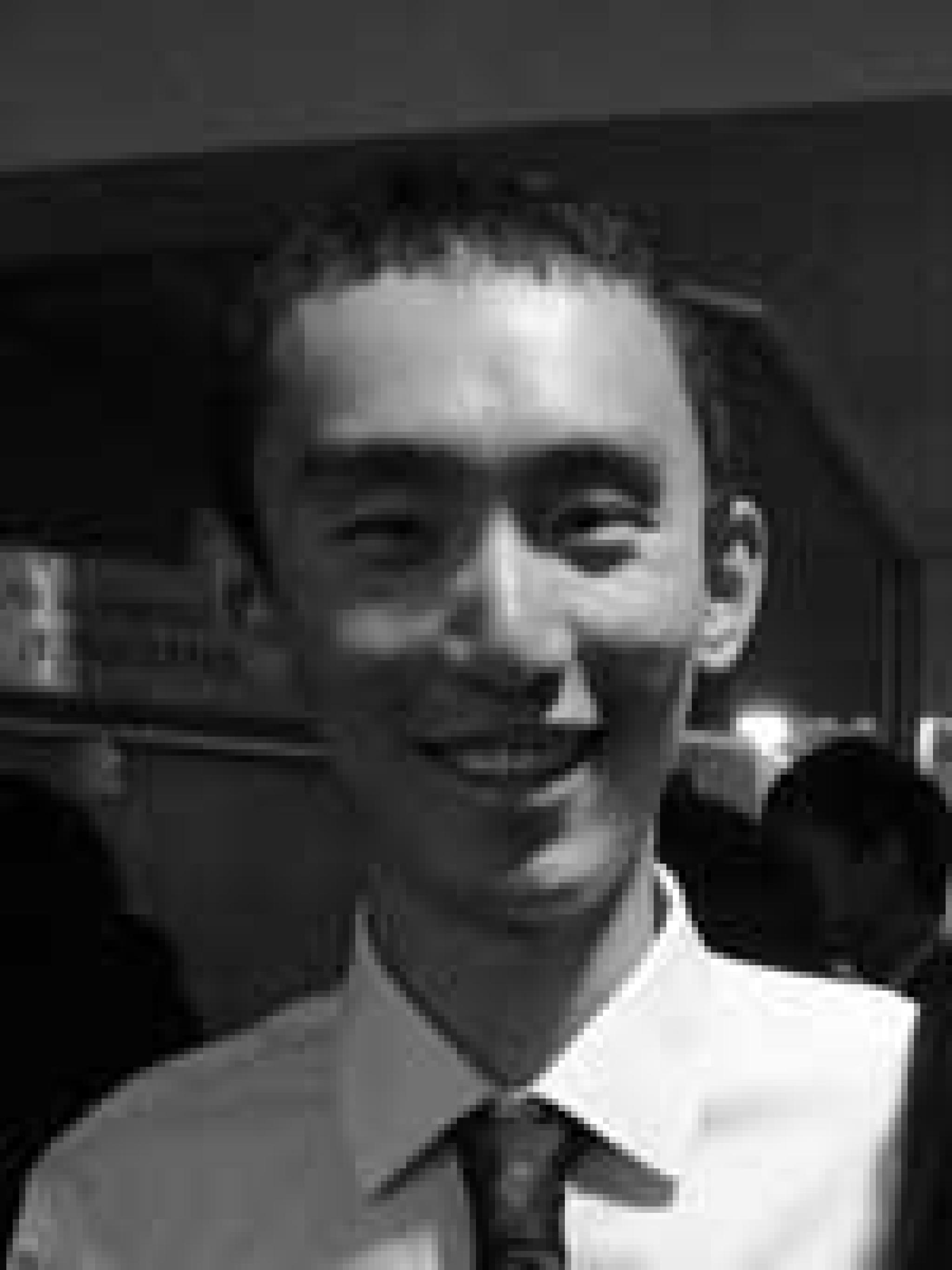
John Tu
Read more
John Tu is the Finance and Co-Sponsorship director for APW, he is doing his Masters of Asia and Pacific Studies at ANU, focusing on Chinese Philosophy. Having completed his Ba.Commerce in 2011 at ANU John realised there is more to life than economics and creating wealth (hence the switch to Philosophy).
John has worked at one of the central pillars of the Australian government at the Department of Finance and Deregulation and one of Australia’s largest budget spenders, Centrelink, where his role was to handle internal budget functions that serve millions of Australians everyday on their welfare payments.
In his spare time John enjoys the outdoors, intellectual discussions with friends, plenty of exercises and keeping the mind, body and soul healthy to stay happy.
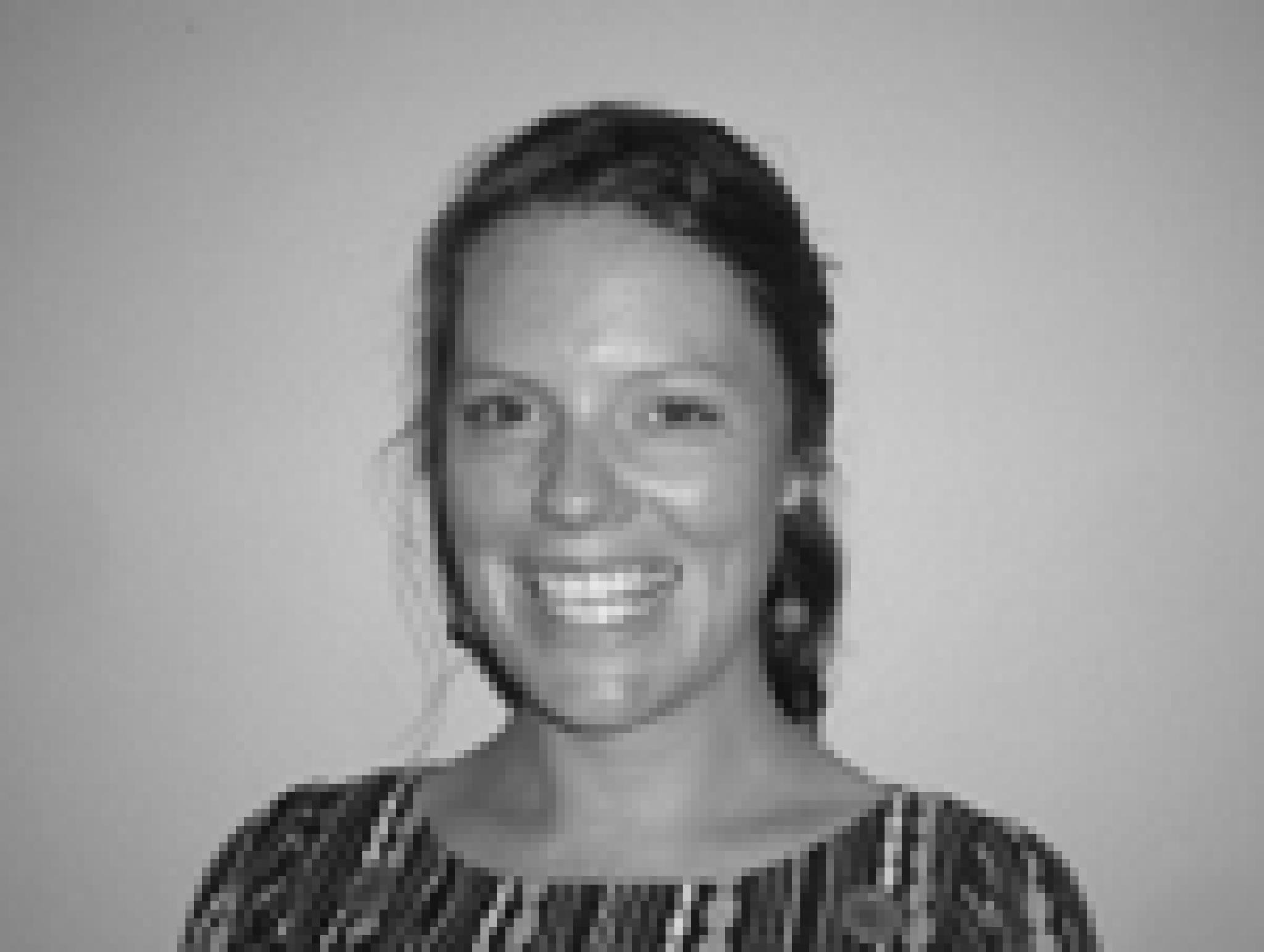
Belinda (Bel) Miller
Read more
Belinda (Bel) Miller is a 5th year Asia-Pacific Studies/Law student at the ANU, with a major in Chinese. Bel's interest in the Asia-Pacific began as a small child when a visiting Chinese friend taught her the words for 'dog' and 'cat' in Mandarin. After a 6 month exchange to Kyoto, Japan in high school, Bel had a brief flirtation with the European languages before commencing her studies in Chinese during her second year at the ANU.
Bel was a Senior Resident at John XXIII College in 2009, and at the same time served as a General Representative on the ANU Students' Association. After completing a year in the Chinese program at Tsinghua University, Beijing in 2010, Bel is currently the Communications Director for the Australia China Youth Association (ACYA) as well as being part of the organising committee for the ANU APW.
Bel has an unfortunate love of 'creative' cooking and enjoys a good coffee in the sun.
Session 1: The Asia Pacific Century
Chair:
Professor Peter Drysdale AM, is Emeritus Professor of Economics and the Head of the East Asian Bureau of Economic Research and East Asia Forum at the Crawford School of Public Policy at the Australian National University. He is currently a member of the high-level Advisor Panel on the Australia in the Asian Century White Paper and is widely recognised as the leading intellectual architect of APEC.
Read more
Panellists:
Dr Ken Henry AC, Secretary for the Treasury 2001-2011, currently special advisor to the Prime Minister, Chair of the Advisory Panel to the Australia in the Asian Century White Paper and Executive Chair of the ANU's Institute of Public Policy at the Crawford School.
Professor Hugh White, Strategic & Defence Studies Centre at the ANU, Senior Advisor to the Prime Minister 1985-1991, and Deputy Secretary for Strategy at the Australian Department of Defence 1995-2000.
Jenny McGregor, founding Chief Executive Officer, Asialink, University of Melbourne, founding Executive Director, Asia Education Foundation, and member of the Board of the Asia Society AustralAsia Centre.
Mr Zhao Jianfei is Chief Business Editor, Caixin.com, and Editorial Board Member, Caixin Media. Mr Zhao previously worked in Caijing from August 2006 to late 2009. He covers the energy and mining sectors, particularly Chinese outbound investment. Before Caijing, Mr Zhao worked for the Economic Observer as a reporter and editor.
Description:
Over the next century the rapid transformation of the Asia Pacific region will shape the face of the world. With this in mind, in September 2011 the Australian Prime Minister Julia Gillard commissioned a White Paper on Australia in the Asian Century. The paper, the drafting of which is led by panellist Dr Ken Henry, is due for release mid-2012 and will consider the economic and strategic factors shaping the Asia Pacific region. It will set the strategic framework and policy developments to guide Australia over the next 10-15 years.
In this opening session of Asia Pacific Week 2012, Professor Peter Drysdale (also a member of the White Paper Advisory Committee), with Dr Ken Henry, Professor Hugh White, Ms Jenny McGregor and Mr Zhao Jianfei, will discuss what the Asian Century might mean and how the White Paper might address the implications for Australia.
After a morning tea hiatus delegates will break into their assigned groups for breakout sessions to discuss the morning’s content. These sessions will be led by Doctoral candidates from within the ANU College of Asia and the Pacific. Delegates will be asked to prepare a question for the Ambassadors Session on Thursday morning.
Time: Monday 9 July, 9:00 AM – 13:00 PM
Venue: Molonglo Theatre, JG Crawford Building #132, ANU
Session 2: Statebuilding in the 'Arc of Instability'
Chair:
Dr Graeme Smith is a Visiting Fellow in the State, Society & Governance in Melanesia Program who is working on an ADRA research grant, The Impacts of Chinese Aid and Development Projects on Governance in Papua New Guinea.
Read more
Panellists:
Dr Stewart Firth, Visiting Fellow in the State, Society & Governance in Melanesia Program.
Dr Sinclair Dinnen is a Senior Fellow in the State, Society & Governance in Melanesia Program, and has served as an advisor to both Papua New Guinea and the Solomon Islands.
Sue Ingram is currently a PhD candidate in the State, Society & Governance in Melanesia Program, previously working with the Australian government, the UN in East Timor, and other organizations.
Jone Baledrokadroka is currently a PhD candidate in the State, Society & Governance in Melanesia Program, after serving in the Fijian army for 25 years.
Description:
This session will look at the issue of effective state building. “Building effective states” has long been one of the most pressing issues in international relations, and it will continue to be a central theme throughout the ‘Asian Century’. Panellists will explore these issues of state building with reference to the island states that make up the supposed “arc of instability” to Australia’s North East. The aim will be to challenge simplistic generalisations about these states that prevail in the media and popular commentary. In order for this, it will be necessary to touch on the history, diversity and complexity that exist in this region, with specific focus on the island states of Timor L’este, Solomon Islands, Bougainville and Fiji.
Time: Monday 9 July, 2:00 – 5:00 PM (including hiatus for afternoon tea and breakout sessions)
Audience: APW Delegates
Venue: Molonglo Theatre, JG Crawford Building #132, ANU
Session 3: The Strategic Consequences of the Changing Power Structure of the Asia-Pacific Region
Chair:
Dr Joanne Wallis, Convener, Bachelor of Asia-Pacific Security program, Strategic and Defence Studies Centre.
Read more
Panellists:
Associate Professor Brendan Taylor, head of Strategic and Defence Studies Centre, ANU-MacArthur Asia Security Initiative Focus Group leader, and Associate Investigator at the Australian Research Centre of Excellence in Policing and Security.
Professor Hugh White, Visiting Fellow at the Lowy Institute for International Policy, former head of the Strategic and Defence Studies Centre, former Senior Adviser to Defence Minister and Prime Minister, former Deputy Secretary for Strategy, Department of Defence and former Director of the Australian Strategic Policy Institute.
Dr John Blaxland writes about military history, intelligence and security and Asia-Pacific affairs. He holds a PhD in War Studies and is a graduate of the Royal Thai Army Command and Staff College (Class 75, dux of foreign students) and the Royal Military College, Duntroon (top arts graduate, 1986). Prior to moving to the Strategic and Defence Studies Centre he spent nearly 30 years in the Australian Army. His earlier career included service as a Signals Corps troop commander and as an instructor at the Royal Military College, Duntroon.
Description:
When the Cold War ended prominent commentators optimistically proclaimed that the ‘end of history’ had arrived and that international conflict would become obsolete. Yet the Cold War never really ended in the Asia-Pacific. Its legacy is still apparent in the US-led bilateral network of security alliances and the persistence of dangerous flashpoints on the Korean Peninsula and across the Taiwan Strait. Historical tensions have also become more strategically important, including between China and Japan, and India and China. Most significantly, the Asia-Pacific power structure is in flux, as new powers such as China and India have risen and are challenging US primacy in the region. When combined, these factors will have serious consequences for the security of the Asia-Pacific region, and possibly the world. With these issues in mind, this panel of leading experts from the Strategic and Defence Studies Centre will consider the strategic consequences of the changing power structure of the Asia-Pacific region.
Time: Tuesday 10 July, 9:00 – 11:00 PM
Audience: APW Delegates
Venue: Molonglo Theatre, JG Crawford Building #132, ANU
Session 4: MasterBlogger: The Pressure Test Challenge
Chair:
Dr Nicholas Farrelly, Research Fellow in the School of International, Political and Strategic Studies, ANU, and co-founder of the Southeast Asia Blog New Mandala.
Read more
Participants:
Professor Andrew Walker, Deputy Dean for College of Asia and the Pacific, Senior Fellow in the Department of Political & Social Change, and a co-founder of the Southeast Asia Blog New Mandala.
TBA
Description:
Academics and delegates go live with their blogs to compete for the APW 2012 Master Blogger’s crown in The Pressure Test Challenge. Last year’s reigning champion, Dr Andrew Walker will defend his title against academics and delegate challengers. The winner will be determined by the APW delegate audience, who will be equipped with all the central pillars of democracy, including an audience opinion barometer and live Twitter feed.
Not only will this session be lively and entertaining, but it will also illuminate the growing power of the ‘blogosphere’ as a tool of academia. In contrast with the decline of traditional forms of media and analysis, technological advancement has facilitated greater public involvement and allowed an open exchange of ideas. MasterBlogger will demonstrate how contemporary academia can influence public discourse in a fashionable and fascinating manner.
Time: Tuesday 10 July, 11:30 AM – 1:00 PM
Audience: APW Delegates
Venue: Molonglo Theatre, JG Crawford Building #132, ANU
Session 5: Media in Asia: Sex, Sensationalism and Self-Censorship
Chair:
Dr Ross Tapsell, Lecturer in the School of Culture, History, and Language, has also worked with The Jakarta Post and the Lombok Post.
Read more
Panellists:
Dr Roald Maliangkaij, focused on Korean cultural policy and industries, previously of University of Amsterdam and University of Leiden before coming to ANU School of Culture, History and Language.
Professor Andrew Walker Deputy Dean for College of Asia and the Pacific, Senior Fellow in the Department of Political & Social Change, and a co-founder of the Southeast Asia Blog New Mandala.
Dr Johanna Hood is a postdoctoral fellow in the Australian Centre on China in the World, ANU. Sinpeng Aim is an APW delegate and PhD candidate from the University of British Columbia.
Description:
What do we make of the contemporary media in Asia? This panel looks at case studies that have captured the attention of media outlets and through popular culture in Indonesia, South Korea, Thailand and China. After the presentations, we will brainstorm with the audience: Can we identify certain trends of in all of these cases? Are all societies really looking for sensationalism and scandal from their media? Or is there an argument for a distinct national media in these example - do they stand alone as distinctively 'Indonesian', 'Korean', 'Thai' or 'Chinese'? Panel presentation will be 20 minutes each, followed by 40 minutes of Q&A and discussion.
Time: Tuesday 10 July, 1:30 -5:00 PM (including afternoon tea and breakout sessions)
Audience: APW Delegates
Venue: Molonglo Theatre, Crawford School of Public Policy, ANU
The Great Debate: Asia vs. Europe
Team Asia:
Dr Nicholas Farrelly, Research Fellow in the School of International, Political and Strategic Studies, ANU, and co-founder of the Southeast Asia Blog New Mandala.
Anna Wang, APW delegate and honours student at University College London.
Read more
Team Europe:
Dr Ben Wellings, Convenor of European Studies in the College of Arts and Social Sciences, ANU.
Pablo Jimenez Lobeira, PhD candidate at the Centre for European Studies, ANU.
Brody Warren, Contemporary Europe Learning Community.
Description:
The College of Arts and Social Sciences Great Debate will take a light hearted approach to whether the 21st Century belongs to Asia. Many of the questions from throughout the week will be discussed, but this time with wit, satire, sarcasm, and a bar. The affirmative Team Asia and the negative Team Europe will be headed by charismatic ANU academics Dr Nicholas Farrelly and Dr Benjamin Wellings, respectively. Team members will consist of ANU students and Asia Pacific Week delegates. The focus will be on entertainment as well as sound and convincing arguments. Audience members will be able to share their own views via a live Twitter feed.
Delegates will attend a private dinner from 5:00PM at University House. Following dinner delegates will move to the Great Hall for the beginning of The CASS Debate at 7:00PM. The CASS Debate will be open to the public. Drinks will be available at The Debate to purchase at delegates’ own cost.
Time: Tuesday 10 July, 5:00 PM – late
Audience: Dinner at University house from 5:00 PM for delegates. The Debate is open to the public, beginning it the Great Hall at 7:00 PM.
Venue: The Great Hall, University House, ANU
Wednesday Morning Parliament House and Canberra Tour
Delegates will be taken by bus to Australian Parliament House where they will receive an address by former Prime Minister, the Honourable Bob Hawke AC GCL. Following this, delegates will be taken on a bus tour of Canberra to take in some of the iconic sights of Australia’s capital city.
Time: Wednesday 11 July, 8:15-11:00 AM
Session 6: Australian Aid in Asian Century: A Debate
Co-chairs:
Professor Hugh White of the Strategic and Defence Studies Centre, one of Australia's leading strategic thinkers and a specialist on the Asia-Pacific region. He has recently been critical of the expansion of the Australian aid program, questioning the need for foreign aid.
Professor Stephen Howes, Director of the Development Policy Centre at the Crawford School is an expert of aid. He recently participated in the Independent Review of Aid Effectiveness which laid down a roadmap for the expansion of the aid program, including more aid to Asia
Read more
Description:
Does Australian aid have a future in the Asian century? Australia's aid program has traditionally been focused on the Asia-Pacific region. But Asia has grown and continues to grow rapidly. Its need for aid is declining, and indeed several Asian countries are becoming aid donors themselves. And yet Australia is expanding its own aid budget rapidly. In what many describe as the 'Asian century,'' what role is there for Australian aid? Should Australia continue to support Asia with aid? Or direct its aid elsewhere? Or cut rather than expand the aid budget? Notable academics Professors Hugh White and Steven Howes will debate these questions and more.
Session 7: Wargames
Chair:
Strategic & Defence Studies Centre staff, School of International, Political & Strategic Studies, ANU College of Asia and the Pacific.
Read more
Description:
This session introduces Asia Pacific Week participants to a wargame simulation exercise. Wargaming is a methodology that has been employed for several decades at the highest levels of government and in the corporate world. The aim is to as closely mimic the key strategic questions and challenges that would need to be confronted in a real life situation. The Strategic and Defence Studies Centre periodically runs wargame exercises as a teaching tool in the classroom.
In this wargame, Asia Pacific Week participants will be invited to play the role of senior policymakers as they respond to a major strategic crisis. Military tacticians and political advisors will lead the delegates through a simulation of a plausible war scenario taking place in the unstable Korean Peninsula. Such a crisis would be a game changer for the existing Asia Pacific security order, fundamentally changing the regional dynamics and priorities. Of particular importance would be the implications for the rising tensions between the US and China. Could this be managed effectively to avoid triggering Sino-American conflict? What role could other regional players fill to mitigate such a crisis? Delegates will split into teams to take on roles such as North Korea, South Korea, China, Japan, and the United States among others.
Time: Wednesday 11 July, 2:00-5:00 PM (including afternoon tea)
Audience: APW Delegates
Venue: Canberry and Springbank Rooms, JG Crawford Building #132, ANU
Session 8: A Regional Perspective: Ambassadors in Conversation
Chair:
Professor the Honourable Gareth Evans AC QC, former Australian Minister of Foreign Affairs (1988-1996), Australian Senator (1978-1996), Member of the Australian Parliament (1996-1999), and Chancellor of the Australian National University.
Read more
Participants:
His Excellency Primo Alui Joelianto, Ambassador of the Republic of Indonesia to Canberra, Australia
His Excellency Cho Tae-Yong, Ambassador of the Republic of Korea to Canberra, Australia
His Excellency Paw Lwin Sein, Ambassador of the Republic of the Union of Myanmar to Canberra Australia
Mr Jason P. Hyland, Deputy Chief of Mission, Embassy of the United States of America to Canberra, Australia
Mr Tetsuro Amano, Minister and Deputy Head of Mission, Embassy of Japan in Canberra, Australia
Description:
Prominent Australian diplomat and former Minister of Foreign Affairs Gareth Evans will moderate a conversation style panel on trends and issues facing the Asia Pacific region over the next 50 years. The panel will include the Ambassadors of Indonesia, Korea and Myanmar, as well as Deputy Chief of Mission for the United States and Deputy Head of Mission for Japan. Delegates will have an opportunity to draft a question to the Ambassadors following the opening Australian White Paper session on Monday morning. Public audience members will also be able to submit questions for the ambassadors upon online event registration. These questions will be posed to Ambassadors during the session by moderator, Gareth Evans.
Time: Thursday 12 July, 9:00 – 11:00 AM
Audience: APW Delegates and invited public Venue: Molonglo Theatre, JG Crawford Building #132, ANU
Session 9: Q & Asia
Chair:
Paul Barclay, Australian news and current affairs presenter for the Australian Broadcasting Corporation
Read more
Panellists:
Dr Nicholas Farrelly, Research Fellow in the School of International, Political and Strategic Studies, ANU, and co-founder of the Southeast Asia Blog New Mandala.
Dr Shiro Armstrong, Research Fellow in the Crawford School of Public Policy, ANU, Editor of the East Asia Forum and Program Manager at the East Asian Bureau of Economic Research.
Dr Joanne Wallis, Convener of the Bachelor of Asia-Pacific Security, Strategic & Defence Studies Centre, ANU.
Dr Assa Doron, Research Fellow in the School of Culture, History and Language, ANU.
TBA
Description:
In the penultimate panel of Asia Pacific Week 2012, delegates will join prominent Australian broadcaster Paul Barclay who will moderate a panel featuring some of ANU’s top academics. Participants will discuss questions pertaining to the Asia Pacific region and Australia’s place within it. This session will be filmed by the Australian Broadcasting Corporation to be featured on Big Ideas. Delegates and the audience will have an opportunity to pose questions to the panel of their own.
Time: Thursday 12 July, 12:00 – 2:00 PM
Audience: APW Delegates and public
Venue: Molonglo Theatre, JG Crawford Building #132, ANU
Session 10: Delegate Panel; Non-Traditional Security in the Asia-Pacific
Chair:
Dr Katherine Morton is a senior fellow in the Department of International Relations in CAP, and a specialist in environmental governance, non-traditional security, and NGOs in China.
Read more
Panellists:
Paul Belesky is an APW delegate and PhD candidate from the University of Queensland.
Erica Bramlet is an APW delegate and undergraduate from Indiana University.
Om Prasad Gautam is an APW delegate and PhD candidate from the London School of Hygiene and T.M.
Phuong Hao Phan is an APW delegate and Masters candidate from the National University of Singapore.
Ginger Turner is an APW delegate and PhD candidate from the University of Oxford.
Description:
In the final session of APW 2012, some of the delegates combine their research and expertise to give a panel to their fellow delegates. The focus will be on the various aspects of non-traditional security and how they are being challenged in this rapidly evolving region. Of particular importance will be how to protect human rights, lives, and livelihoods in a region facing security, legal, and environmental crises. This open panel will give delegates the opportunity to consider many of the issues discussed throughout the week with particular focus on what they mean for the individuals of the region.
Time: Thursday 12 July, 2:30 – 4:00 PM
Audience: APW Delegates
Venue: Molonglo Theatre, JG Crawford Building #132, ANU
Gala Dinner
Keynote speaker: Right Hon Bob Hawke AC, GCL
Description:
The final event for the week, the Gala Dinner provides an opportunity for delegates to relax and unwind, and to reflect in a social setting on the concepts and challenges discussed throughout the course of the week.
The Gala Dinner will be held at Old Parliament House, an exquisite venue which will give the ANU APW delegates a rare glimpse into the historical side of the Australian Government with which we are familiar today.
Time: Thursday 12 July, 6:30 PM – late
Venue: The Ginger Room, Old Parliament House
The bus for the Gala Dinner will depart from Bruce Hall at 5:30 PM
ANU’s Asia Pacific Week 2022 was a wonderful interdisciplinary event rich in academic discussions where learners, observers, lecturers, and culture practitioners weaved together the existing reality of the Asia Pacific region through the art of story-telling. As a lecturer at the College of the Marshall Islands teaching Pacific Studies and Micronesian Studies and as a PhD Candidate in Pacific Studies at the University of the South Pacific, I felt that this Conference was a nice opportunity to build my own understanding of the dynamics of the Asia Pacific region while opening up to new stances of interpreting the need for historical justice by practising greater cross-cultural empathy. I had the opportunity to observe this first-hand through Asia Pacific Week where I got to see this in action with young delegates, young professionals, and young academics displaying greater cross-cultural empathy making me more optimistic about our collective future.
Akash MehtaAPW 2015 proved out be an immensely irreplaceable experience for me. First, I got to know so many people from around the world, about their diverse views on Asia and the Pacific regions and their experience so far. Secondly, I got an opportunity to meet not only the highly knowledgeable PHD scholars but also the government officials, professors and last but not the least, the conference organisers did a commendable job in packing up the sessions with knowledge and information and at the same time sparking the debate in and outside of the sessions. One of my favourite moments of the conference was "The Great Debate" which showcased three of our fellow delegates in an oxford style debate against ANU's finest academics on the topic ' Is local pop culture more influential than western popular culture in the Asia and Pacific regions'.
I think ANU is the best place where one can interact with notable scholars and wonderful students from all around the world.
When I first saw ANU Asia Pacific Week 2020’s (ANU APW 2020) ad on YouthOp, I knew I had to sign up. My seniors once told me about their extraordinary week in Canberra, learning about Asia and Pacific regions more than they ever did during our daily classes. As I also have taken interest in the region, it became my dream to experience this event firsthand. If it weren’t for YouthOp, I would never know that ANU APW was still conducted, even amid the pandemic.
I was very happy throughout the event. I was constantly motivated to find out more about the topics discussed by the panel and delegates. I don’t think that I have ever attended a conference this lively and substantive. The committee was very wonderful, and the other delegates were very insightful and friendly.
My favourite part of the entire conference has to be the Pacific Dance Workshop. I never thought that I would ever have the chance to learn such a beautiful dance from a country so far away from Indonesia, let along learning about it online. The fact that the committee was able to execute a dance lesson perfectly online is beyond my comprehension. I was able to have so much fun with 80 other delegates from all around Asia and the Pacific regions through my screen, and that is an experience that I will never trade for anything else.
It is safe to say that ANU APW 2020 were one of my 2020 highlights. I made new friends and gained new insight. I was also able to experience things that I could probably never have gone through if the pandemic didn’t happen. So, I thank the ANU APW committee for accepting me as one of the delegates, as well as YouthOp for giving me exposure towards this wonderful event.
The 2018 Asia Pacific Week (APW) was a well-organised and thought-provoking multidisciplinary program balancing between academic-policy panels and social activities, intellectual stimulation and friendship-building. In a professional manner, we unpacked contemporary issues – from international security and environment to public health and untold stories of indigenous Aussie communities – with a very competent calibre of junior researchers, professors and practitioners from across the world. It was incredible to engage in thorough discussions on my research project – ‘alliance recalibration’ of US’ allies in the Pacific – deepening personal insights from Australian, Filipino and Japanese viewpoints. We also visited the Australian parliament, had night walks and most importantly, photographed our memories (make sure you don’t miss the serenity of ANU’s lake!).
Not only were the delegates top-notch and sociable but equally the organising committee, making APW unforgettable. Having delightedly attended on an APW scholarship, in partnership with Youth Opportunities, and compared it to several programmes in Asia, Europe and the Arabian Peninsula, I happily recommend attending APW 2019 for the outstanding quality of the conference, competence of delegates, invaluable friendships and networking opportunities. Canberra won’t disappoint you as any airport immigration officer would indicate upon arrival - I promise, there is a lot to learn and earn at the Australian National University’s Asia Pacific Week!
Lewe PaulAsia Pacific Week 2013 proved an immensely valuable platform for putting my knowledge into context. Asia Pacific Week allowed me to see what is beyond one’s own specialised but also biased lens, and to challenge each other’s perspectives and appreciate a whole new view of Asia and the Pacific regions. The program offered more than the traditional panel discussion — the organising committee prepared innovative setups like a war game simulation and an ambassador’s panel, constantly shifting the delegates’ mindsets by exploring unfamiliar concepts.
Contact Us
For general enquiries please contact asiapacificweek@anu.edu.au
Alternatively, you may follow Asia Pacific Week on our socials:

